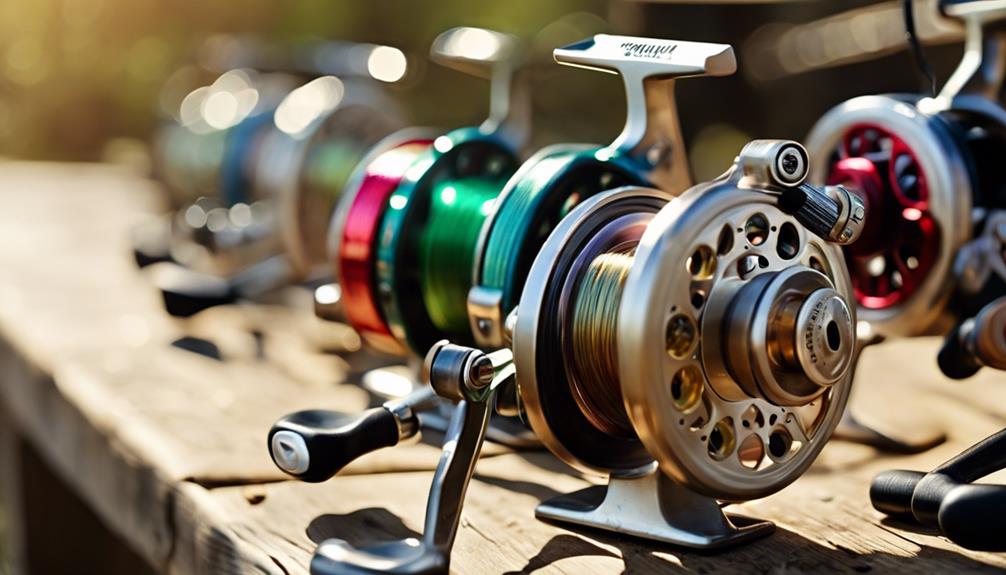Fishing is an enjoyable pastime that allows individuals to connect with nature, relax, and even bond with friends and family. However, many novice and seasoned anglers alike often find themselves asking, “Do I need a fishing license for catch and release?” This question is crucial, as regulations vary by state and region. In this comprehensive guide, we will explore the various factors surrounding fishing licenses, particularly for catch and release fishing, ensuring you are well-informed before heading out on your next fishing adventure.
Understanding Fishing Licenses: What You Need to Know
Fishing licenses are permits issued by government authorities that grant individuals the right to fish in specific waters. These regulations are in place to manage fish populations, maintain healthy aquatic ecosystems, and ensure a sustainable fishing experience for all. Regardless of whether you intend to keep your catch or practice catch and release, understanding the need for a fishing license is essential. In most jurisdictions, a fishing license is required for anyone over a certain age, and this includes those practicing catch and release fishing.
Catch and Release Fishing: The Basics Explained
Catch and release fishing is a practice where anglers catch fish and then return them to the water, often to preserve fish populations and promote sustainable fishing practices. While many see this as a responsible way to fish, it’s important to remember that even catch and release fishing can impact fish health and populations. This is why local regulations often require anglers to hold a fishing license, regardless of whether they plan to keep their catch or release it back into the water.
State-Specific Regulations on Fishing Licenses
When asking, “Do I need a fishing license for catch and release?” it’s vital to consider the specific regulations in your state or region. Each state has different laws regarding fishing, and some may have exemptions for catch and release fishing depending on the type of fish, the season, or specific bodies of water. For instance, certain states may allow free fishing days or youth exemptions where licenses are not required. Always check your local wildlife agency or fish and game department’s website for the most accurate and up-to-date information regarding fishing licenses.
The Importance of Responsible Fishing Practices
While the primary question is whether a fishing license is necessary for catch and release, responsible fishing practices also play a crucial role in maintaining healthy fish populations. When practicing catch and release, it is essential to minimize stress and injury to the fish. Using appropriate gear, handling fish with wet hands, and minimizing the time the fish spends out of the water can lead to better survival rates. Furthermore, understanding the regulations surrounding fishing licenses encourages responsible fishing behaviors that align with conservation efforts.
Benefits of Obtaining a Fishing License
Obtaining a fishing license is not just a legal requirement; it also comes with numerous benefits. Many states allocate funds from fishing licenses to conservation efforts, which help maintain and improve aquatic habitats. By purchasing a fishing license, you are contributing to the overall health of the fishing environment and supporting the sustainability of fish populations. Additionally, having a valid fishing license can enhance your fishing experience, as it provides you with access to various fishing spots and resources, including local fishing reports, tips, and community events.
Common Exemptions and Special Cases
In some states, there may be specific exemptions related to fishing licenses for catch and release. For example, certain bodies of water may have designated catch and release zones where special rules apply. Additionally, youth anglers or seniors may have different requirements, including lower fees or free licenses. It’s important to familiarize yourself with these exemptions as they can differ widely from one region to another. Always consult your state’s fishing regulations to ensure you are compliant.
How to Purchase a Fishing License
Purchasing a fishing license has never been easier. Most states offer online platforms where you can quickly buy your fishing license from the comfort of your home. Alternatively, you can purchase a license at various retail locations such as bait shops, sporting goods stores, and government offices. When purchasing your fishing license, make sure to keep the receipt or digital copy on hand, as you may be required to present it while fishing. Additionally, consider purchasing a license that aligns with your fishing habits, whether it be for a day, a year, or for specific species.
Conclusion: Fishing Responsibly with a License
In conclusion, the answer to the question, “Do I need a fishing license for catch and release?” is a resounding yes in most cases. Familiarizing yourself with local regulations and obtaining the necessary permits is crucial for responsible fishing practices. Catch and release fishing is a fantastic way to enjoy the sport while contributing to the conservation of fish populations. By following the rules and maintaining a commitment to responsible fishing, you can enjoy your time on the water while ensuring that future generations can also partake in this rewarding activity. Happy fishing!
